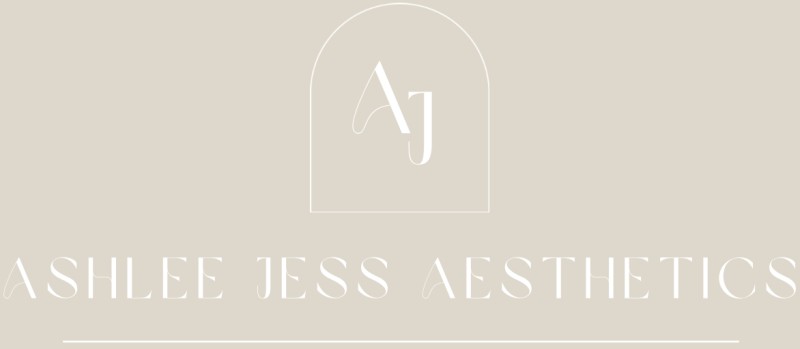Are Dermal Fillers Safe if You Are Pregnant or Breastfeeding?
Understanding Dermal Fillers
Dermal fillers are injectable substances used to add volume, smooth wrinkles, and enhance facial contours. Common types include hyaluronic
acid, calcium hydroxylapatite and poly-L-lactic acid. These substances vary in their composition and duration of effect but share the common
goal of improving facial aesthetics.
Dermal Fillers and pregnancy
1. Lack of research
One of the main reasons dermal fillers are not recommended during pregnancy is the lack of research on their safety. Pregnant women are
typically excluded from clinical trials, so there is insufficient data on how these substances might affect pregnancy and fetal development.
2. Potential Risks:
- Allergic Reactions: Although rare, allergic reactions to dermal fillers can occur. During pregnancy, the immune system is more active and
may react differently, potentially increasing the risk of an adverse reaction.
- Infection: Injections carry a small risk of infection. During pregnancy, the immune system is compromised, and infections can have more
severe consequences for both the mother and the fetus.
- Filler Migration and Complications: While uncommon, complications like filler migration or vascular issues could require medical
intervention, which might not be ideal during pregnancy.
3. Hormonal Changes:
Pregnancy causes significant hormonal changes that can affect skin elasticity and texture. These changes may alter how dermal fillers behave
in the skin, potentially leading to unpredictable results.
Dermal Fillers and Breastfeeding
1. Limited Data:
As with pregnancy, there is limited research on the safety of dermal fillers during breastfeeding. The primary concern is whether the filler
substances can enter the bloodstream and be passed to the infant through breast milk.
2. Minimal Systemic Absorption:
Dermal fillers are designed to remain localized at the injection site, with minimal systemic absorption. However, without definitive
studies, it is difficult to guarantee that no trace amounts enter the bloodstream and subsequently breast milk.
3. Recommendations:
At Ashlee Jess Aesthetics, we advise against the use of dermal fillers while breastfeeding due to the lack of safety data. The priority is
to avoid any potential risk to the infant, even if it is theoretically minimal.
Alternatives to Consider
For those seeking aesthetic improvements during pregnancy or breastfeeding, safer alternatives can be considered:
1. Skincare Regimens:
Focus on a skincare routine tailored to your skin type. Products containing ingredients like hyaluronic acid, vitamin C, and peptides can
help maintain skin hydration and elasticity.
2. Non-Invasive Treatments:
Consider non-invasive treatments that are deemed safe during pregnancy, such as certain types of facials or microdermabrasion. Always
consult with a healthcare provider before undergoing any treatment.
3. Lifestyle Choices:
Maintaining a healthy lifestyle, including proper hydration, a balanced diet, and regular sleep, can significantly impact skin appearance
and overall well-being.
While dermal fillers are effective for facial volumising, their safety during pregnancy and breastfeeding remains uncertain due to a lack of
research and potential risks. Most medical professionals advise against their use during these periods to avoid any possible complications
for the mother and child. Expecting and new mothers should consult with their healthcare providers to explore safe alternatives and ensure
the well-being of both themselves and their babies.
About Ashlee Jess Aesthetics
Ashlee Jess Aesthetics is Mooloolaba's premier destination for transformative cosmetic injectables treatments. Specialising in anti-wrinkle,
dermal filler, and bio-remodeling procedures, our clinic offers a comprehensive range of services designed to enhance natural beauty and
promote skin health.
BOOK
NOW
BOOK
NOW




